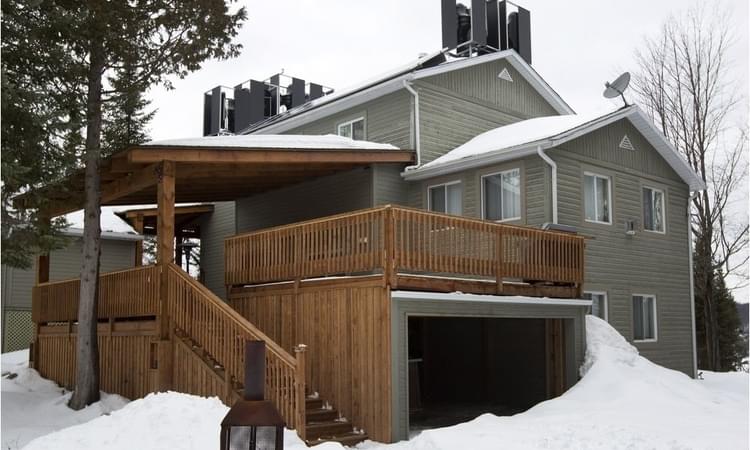Building a new home? NB Power has a deal for you – Telegraph Journal – 1 June 2018
“Many people find it hard to put up the money up front to make their buildings more energy efficient,” Coon said. “So even though the payback may be very rapid in terms of energy savings, just to have more money on hand to pay the extra capital costs would help.”
Article by: JOHN CHILIBECK
FREDERICTON • In the face of criticism it hasn’t done enough on the efficiency front, NB Power is offering people who build new homes big money for big energy savings.
The New Home Energy Savings Program launched earlier this week offers between $3,000 and $10,000 in incentives to homebuilders and buyers who go green, a move that’s being applauded by Green Party leader David Coon, even if he thinks the public utility could do far more for existing homeowners.
The latest offer is meant to encourage people to make the envelopes of newly-constructed homes tighter and their heating and water heating systems more efficient.
Top dollars go to anyone who builds a home that is zero-net energy, that is, one that produces as much energy as it consumes.
“The earlier you start in your design process, the earlier you start to think about energy savings, the more chance you have to reduce extra costs,” said Beth Pollock, a manager with the public utility. “By working with your builder, you might be able to find some things that are totally no-cost that could help you meet energy efficiency goals.”
Building a more energy-efficient home is more expensive. For instance, a geothermal system that taps into the ground is considered one of the most environmentally-friendly ways to heat and cool a building but it can cost upwards of $20,000.
But NB Power believes with the incentive and subsequent energy savings, most new homeowners will make back their money within three years. After that, the savings pile up, an estimated $700 to $1,000 a year.
The initial goal is to have 375 people take part in the program this year, at a cost to NB Power of about $1 million. Based on housing starts in previous years, that’s expected to work out to three out of every 10 new homes.
Within a day of the program’s launch, 22 homebuilders and buyers had already registered on NB Power’s website.
Coon has said the utility has a greater interest in people using electricity than other forms of heat, such as wood pellets.
This is true of the new program: people who want to use anything other than electrical as their primary heat source will not qualify.
And while Coon likes the $10,000 incentive for a zero-net energy home in the new program, he was critical more wasn’t being done for existing buildings, which cost New Brunswickers far more overall in heat costs.
NB Power has a suite of programs for people who want to make their buildings more energy efficient, but the Green leader insists they don’t offer enough money.
“Many people find it hard to put up the money up front to make their buildings more energy efficient,” Coon said. “So even though the payback may be very rapid in terms of energy savings, just to have more money on hand to pay the extra capital costs would help.”
Michel Losier, NB Power’s executive director of energy efficiency, said his organization remains committed to reducing enough energy to avoid building a huge new generating plant that would cost billions to New Brunswickers.
This year, the utility is spending $20 million on a variety of programs to convince people to use less electricity, an amount that will double next year. It has saved customers $92 million in the last two and half years alone through energy savings.
He discounted that wood pellet stoves should also be covered by the program as a primary heat source.
“We’re heading to a lower-carbon future and energy efficiency really needs to be the first fuel,” Losier said. “The cheapest energy is the one you don’t need to use.”
